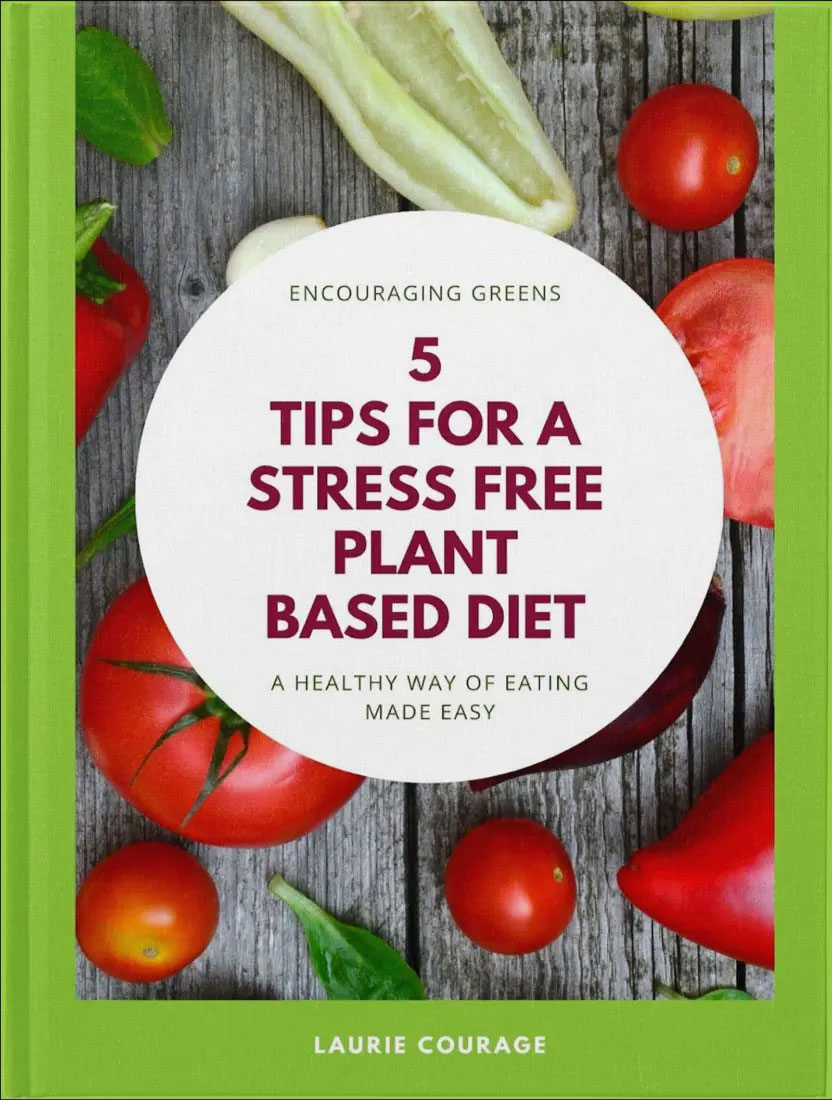Since the pandemic began, we’ve become more aware of our external surroundings than ever before as we’ve learned to avoid infection from a rapidly spreading global virus. We have, at varying times, wiped down our groceries, worn masks, stayed 6 feet apart and away from crowded indoor spaces. Many have received vaccines in the hope of reducing the risk of hospitalization or worse.
But what if we were missing something else, something right at the end of our fork? In addition to all the public health measures recommended, what if there was something additional that each of us could do to protect ourselves from this harmful virus, this time from the inside out?
Our food choices matter.
Dr. T. Colin Campbell recently published a peer-reviewed paper in EC Nutrition observing how little pandemic research was being directed toward the possible connection between nutrition and the occurrence and outcome of viral disease. Sharing his 1989 research findings on the connection between food and Hepatitis B, the primary cause of liver cancer, he successfully demonstrated the benefits of a plant-based diet in support of immunity and antibodies to combat that virus. He hypothesized that since the body responds to viruses in similar ways, there may be similar benefits. Also, since the body usually responds to a dietary intervention of whole, plant foods quickly, there may be an opportunity to see quick results.
Eating more plants supports immune health.
Others agree. The World Health Organization (WHO) increased their typical dietary recommendations during the pandemic from five fruits and vegetables per day, to 4 servings of fruits/day and 5 servings of vegetables/day, making a total of 9 servings/day.
The American Medical Association recently adopted a policy to encourage those facing chronic co-morbidity conditions, which have been linked to increased risk of severe COVID symptoms, to improve their dietary habits, including eating more vegetables, fruits, whole grains, and legumes.
Studies show reduced risk.
Early this year, in 2021, a study of healthcare workers across 6 countries showed that those following a mostly plant-based diet had a 73% lower chance of having moderate to severe COVID-19 compared to other diets. In fact, in that study, they found that those following a low-carb high-protein diet did 4x worse.
More recently, research from the ZOE Covid Study, Harvard Medical School, and King’s College found a link between the quality of what people ate and their chance of getting COVID- 19. Those eating a high-quality plant-rich diet were 10% less likely to get COVID-19 and 40% less likely to become severely ill. Those eating less nutritious foods were found to be more at risk, especially if living in poorer areas.
Food is medicine.
In addition to public health policies intended to protect us from the outside, it is up to each of us to also do what we can to protect ourselves and our gut microbiome from the inside. As we gather around our tables to enjoy holiday meals with family and friends, there has never been a better time to share a feast of plant-based foods, rich in color and antioxidants, flavorful and anti-inflammatory, whole and less processed. Unlike the mask that we remove when eating, this is the kind of protection that gets even stronger with each bite, right when you need it the most.

